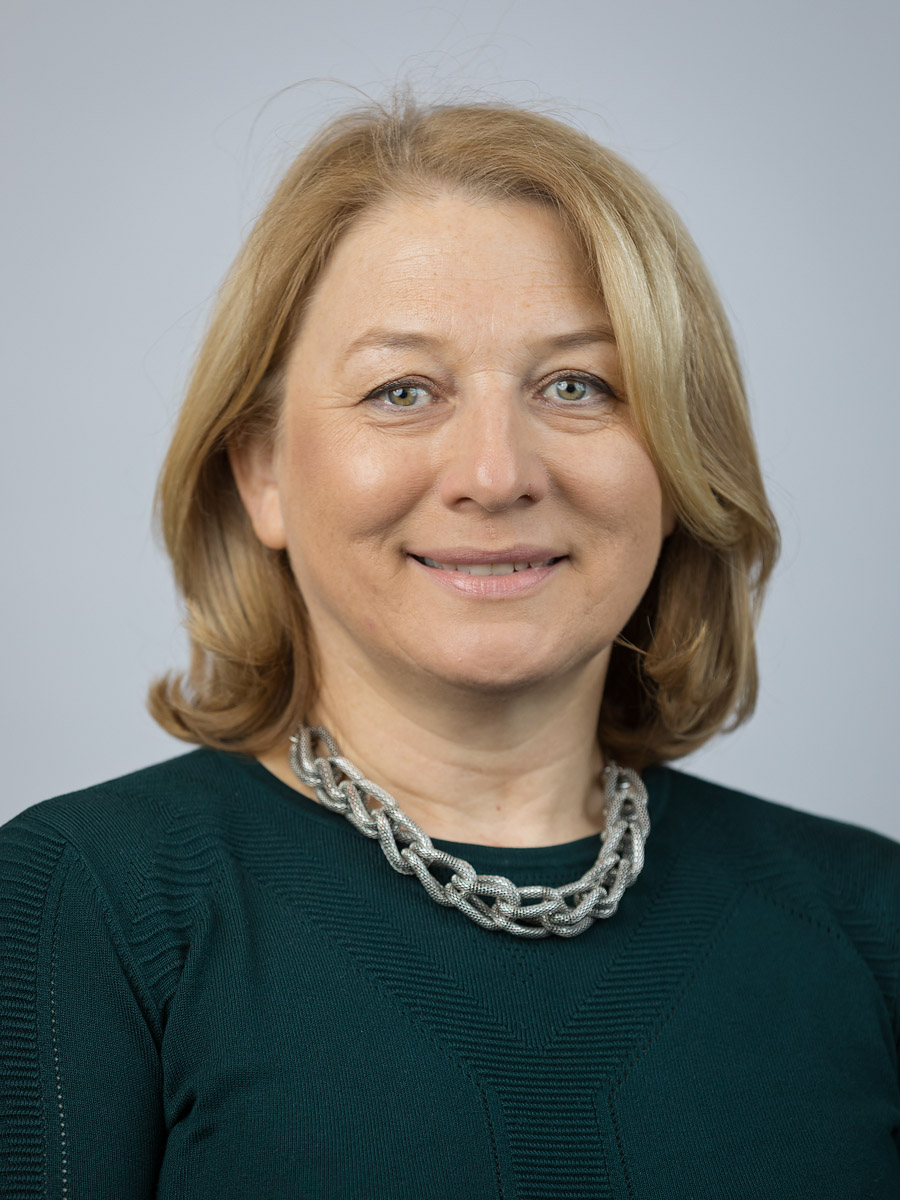2nd cycle of the IBD Nurse Education Programme and the role of the IBD Nurse
Wladzia Czuber-Dochan, N-ECCO Chair and Simona Radice, N-ECCO Member
|
|
|
We are delighted to announce that this year we will run the 2nd cycle of the IBD Nurse Education Programme. The programme will take place in Hungary, and we are currently at the exciting stage of recruiting and selecting nurses to the programme. The primary aim of the programme is to increase the skills, knowledge and competences of nurses who are new to IBD and to help them in their role of delivering high-quality care to patients.
The programme consists of three pillars:
- Two two-day face-to-face meetings - one in autumn and one in spring, attended by the nurse delegates
- Distance learning using literature and e-learning materials (in English)
- A one-week visit to an established IBD nursing centre
The face-to-face meetings will help nurses to familiarise themselves with the programme and the support system. Each nurse will have a nurse and a physician mentor helping them on the journey for the duration of the programme. The lectures, delivered by ECCO Faculty Members, will be in English with simultaneous translation, while sessions delivered by local experts will be in Hungarian. Nurses need to have a basic level of English, as the learning material for the six months of independent learning is in English. Nurses will spend one week visiting an established IBD centre in Hungary, where the delegates can interact with more experienced nurses. The local nurse and physician mentors have a crucial role in supporting their mentees, providing clinical, administrative and managerial support. A buddy system will also be implemented, and each nurse will be paired with another nurse from a different hospital in another city. This will help the nurses to exchange their knowledge and derive greater benefit from the programme. The programme is fully funded by ECCO and by the industry partners.
The first IBD Nurse Education programme successfully took place in Italy between 2018 and 2019. Twenty participants were recruited and 14 successfully completed the programme. In their evaluation the nurses commented on the good organisation of the programme, the supporting study material, the opportunity to meet experienced colleagues and the high-quality educational platform. They highlighted the role that the mentors played in supporting nurses and in encouraging the acquisition of knowledge, skills and self-confidence. The impact of the one-week visit in improving communication skills, autonomy, confidence and analytical skills was very much appreciated by the nurses, and they kept in touch with the centre even after completing the programme. The nurses reported that the training enabled them to look at the development of new nursing services and to become more involved in research programmes and multidisciplinary teams. Moreover, the programme facilitated and strengthened the IBD nursing network, allowing the organisation of meetings and webinars.
We hope that the 2nd cycle of the programme will be equally positive and beneficial to Hungarian nurses in supporting them in developing their skills, knowledge and proficiencies in IBD nursing.
 Wladzia Czuber-Dochan
Wladzia Czuber-Dochan 